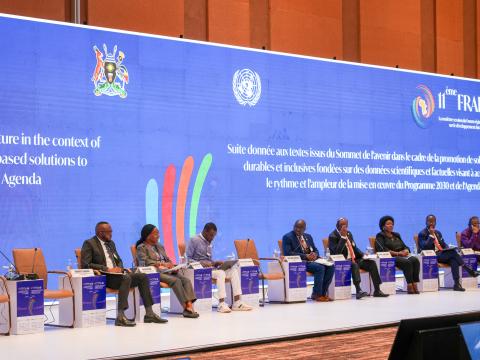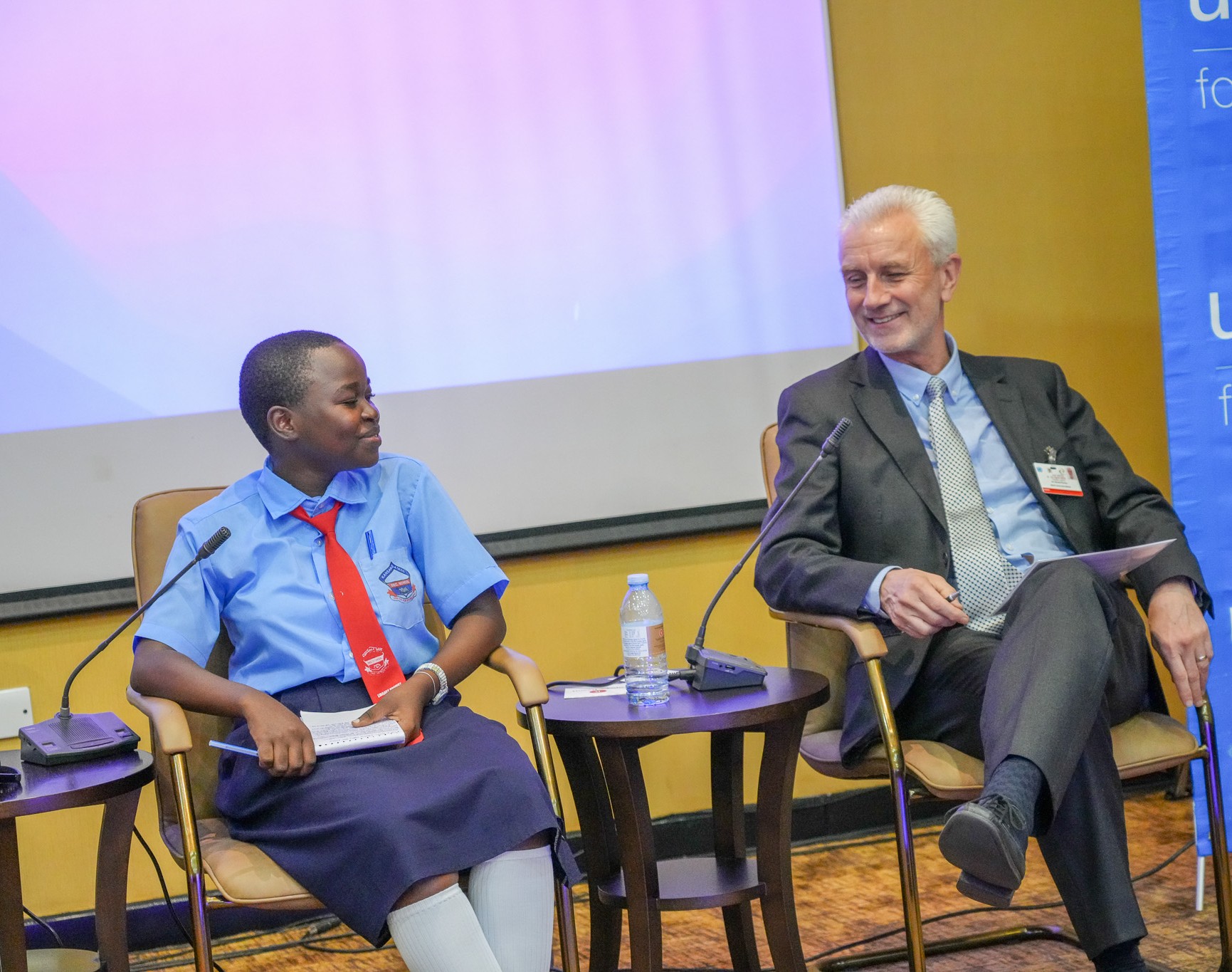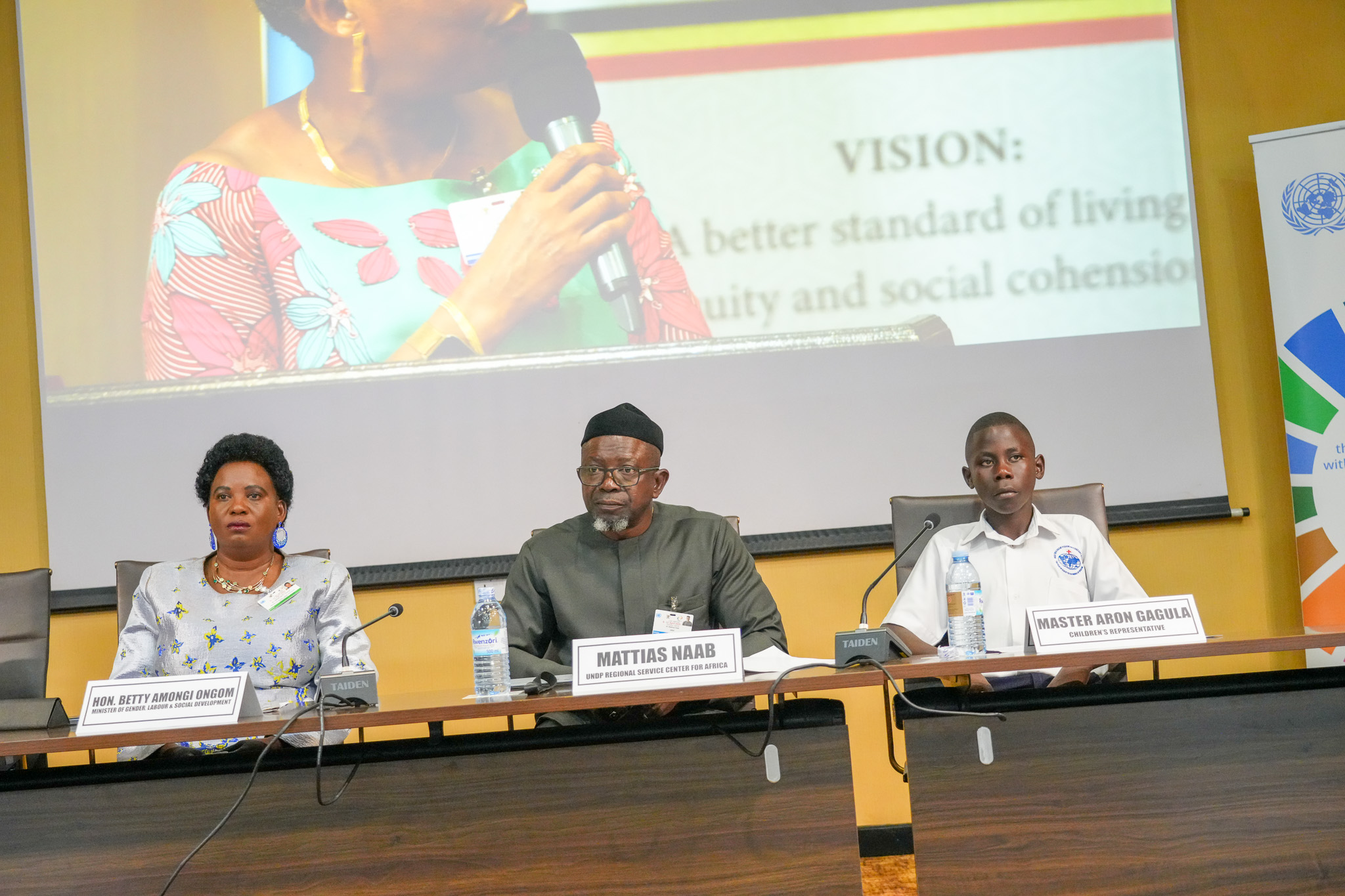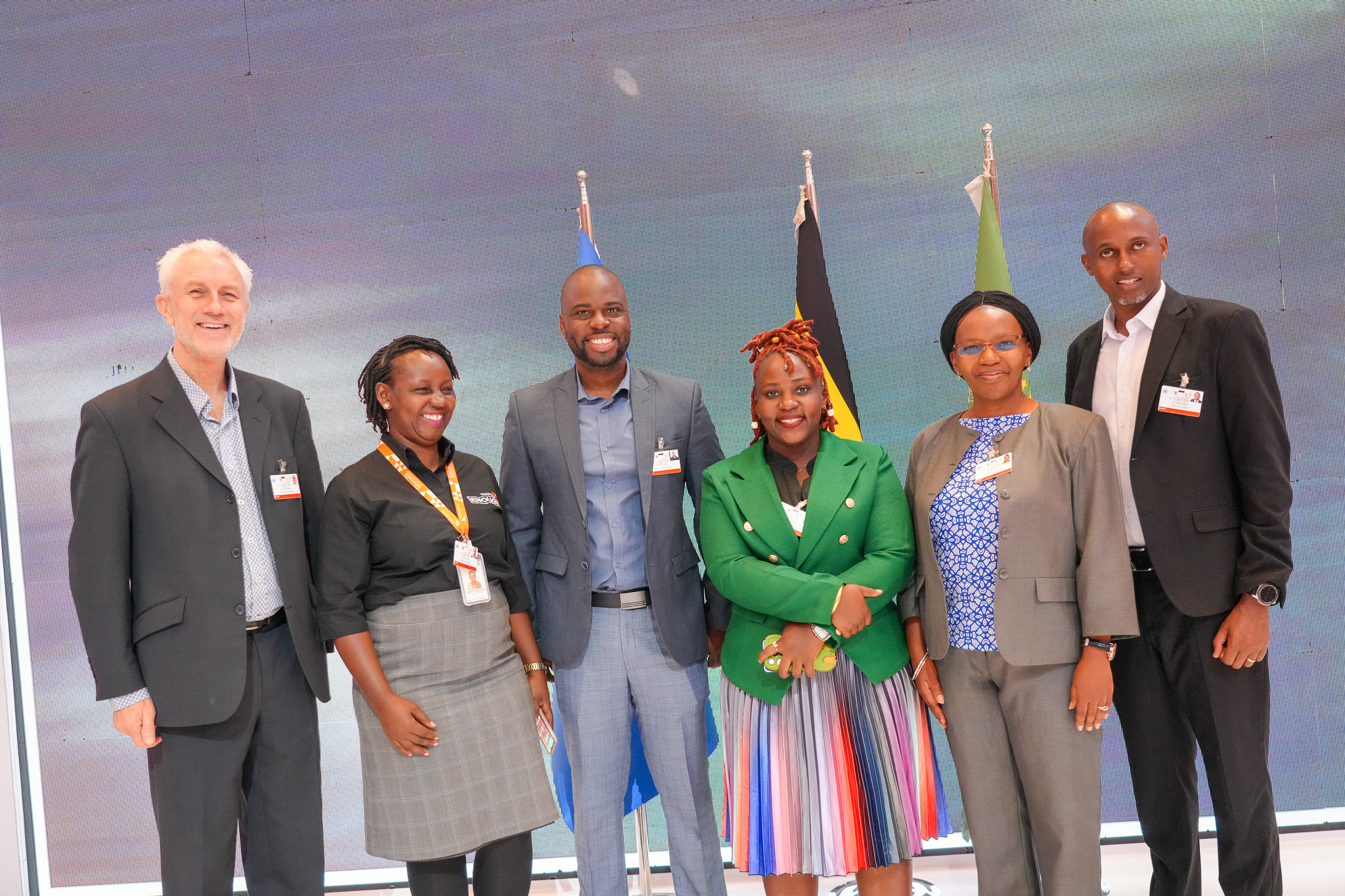WORLD VISION URGES AFRICAN LEADERS TO ACCELERATE SDGs PROGRESS

As Africa grapples with mounting development challenges and slow progress toward the 2030 Sustainable Development Goals (SDGs), leaders across the continent are being urged to adopt bold, transformative leadership and accelerate action to ensure that no one is left behind.
This call to action was made during the 11th Africa Regional Forum on Sustainable Development (ARFSD11), held in Kampala from April 9–11, 2025, at the Speke Resort Munyonyo.
Among the voices calling for urgent action was humanitarian organisation World Vision, which stressed that achieving the SDGs and Africa’s Agenda 2063 would require robust leadership, strategic investment, and stronger partnerships.
“Achieving the SDGs and Agenda 2063 requires strong leadership at all levels,” said Richard Rumsey, Program Quality Director at World Vision Uganda. “Governments must prioritise the most vulnerable, especially women and children, by investing in gender-transformative and child-sensitive social protection systems.”

Convened under the theme “Driving job creation and economic growth through sustainable, inclusive, science-based and evidence-based solutions,” the forum brought together African governments, development partners, civil society organisations, private sector actors, children, and faith leaders.
Despite global commitments, progress on the SDGs remains alarmingly slow. According to the United Nations, only 16% of global targets are on track to be met by 2030. In Africa, just 10 out of 144 measurable SDG targets are likely to be achieved if current trends continue, with 106 targets requiring urgent acceleration and 28 showing signs of regression.
The forum served as a platform for key stakeholders to reflect on what is holding back progress and what must change.
World Vision shared updates on its efforts to contribute to sustainable development, especially in the areas of nutrition, child wellbeing, education, and water access. In 2023, the organisation’s Global Hunger Response reached more than 11 million people facing acute food insecurity, 7.5 million in East Africa, 2.1 million in Southern Africa, and 1.2 million in West Africa.

World Vision’s health and nutrition interventions are aligned with SDG 3 (Good Health and Well-being) and SDG 5 (Gender Equality), while its education and water programs support SDG 4 (Quality Education) and SDG 6 (Clean Water and Sanitation), especially in underserved and fragile communities.
During a side event for faith-based organisations, Jeremiah Nyagah, World Vision Uganda’s National Director, urged religious leaders to be active participants in achieving the SDGs.
“Faith institutions have unique reach and trust across communities,” he said. “They must play a central role in shifting mindsets and addressing poverty, inequality, and harmful cultural practices that hinder development.”
He emphasised the need for faith leaders to champion positive social norms and behaviors that promote health, education, and economic empowerment.
Ruth Koshal, Regional Advocacy and External Engagement Director for World Vision East Africa, called on African nations to reduce dependency on external aid and invest in domestic solutions.
“As we approach the midpoint of the SDG timeline, now is the time for daring leadership,” she said. “Africa must invest in maternal and child health services, nutrition financing, job creation, and inclusive social protection systems, especially for marginalised communities.”
Ruth added that science, data, and local innovations should guide policy decisions to accelerate growth and development across the continent.

The ARFSD11 2025 Forum was hosted by the Government of Uganda in partnership with the United Nations Economic Commission for Africa (UNECA), African Union Commission, African Development Bank, and other stakeholders. The forum’s goal was to assess regional progress, promote peer learning, and explore innovative solutions to fast-track the SDGs and Agenda 2063.
By: Derrick Kyatuka, Communications Manager, World Vision Uganda.